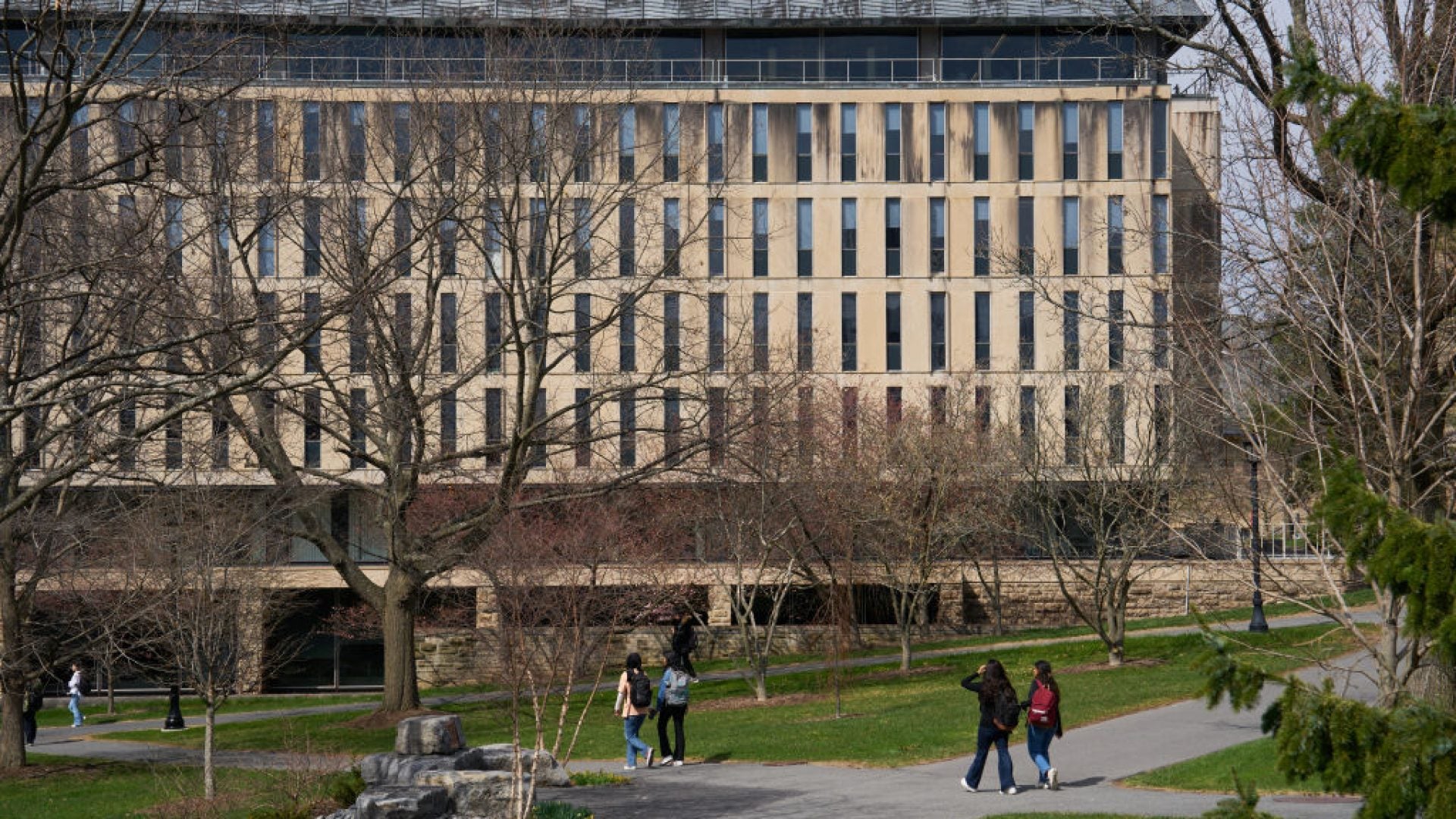
This August, twenty-two-year-old Yohanes Kidane, a graduate of Ivy League school Cornell University, started working as a software engineer for Netflix. Less than two weeks later, he went missing.
Kidane allegedly had an incident with a rideshare before his disappearance, and his family and friends were especially alarmed, as he was last seen entering an Uber. But as the search ensued, some personal items of Kidane’s, including his wallet, cell phone, and backpack were found near the Golden Gate Bridge Welcome Center.
A couple of weeks later, an unresponsive body was found floating in the San Francisco Bay in an area located northeast of the Golden Gate Bridge. It was later confirmed to be Kidane’s.
In a statement, the Marin County Sheriff’s Office said “The cause of death was determined to be from blunt impact injuries with drowning as a significant contributing condition. The mode of death was determined to be suicide.”
Kidane had recently moved out to the Bay area to start his job at the prestigious tech company. His death is a tragic loss, and this National Suicide Prevention Week ESSENCE wants to ensure that you know the warning signs.
National Suicide Prevention Weeks starts on World Suicide Prevention Day, which occurs on September 10, and also coincides with National Suicide Prevention Month, which the American Foundation for Suicide Prevention (AFSP), recognizes during the entirety of the September month.
According to the National Institute of Mental Health, if you or a loved one is experiencing the following warning signs, please seek help: Discussing “wanting to die, great guilt or shame, or being a burden to others.” Having feelings of being “empty, hopeless, trapped, or having no reason to live,” being “extremely sad, more anxious, agitated, or full of rage,” and/or experiencing “unbearable emotional or physical pain.”
If there are remarkable changes in behavior, including but not limited to “making a plan or researching ways to die, withdrawing from friends, saying goodbye, giving away important items, or making a will, taking dangerous risks such as driving extremely fast, displaying extreme mood swings, eating or sleeping more or less, and/or using drugs or alcohol more often,” please reach out because there are resources to help in these situations.
If you or someone you know is in crisis, call 988 to reach the Suicide and Crisis Lifeline. You can also call the network, previously known as the National Suicide Prevention Lifeline, at 800-273-8255, text HOME to 741741 or visit SpeakingOfSuicide.com/resources for additional resources.
For more information about mental health care resources and support, The National Alliance on Mental Illness (NAMI) HelpLine can be reached Monday through Friday, 10 a.m.–10 p.m. ET, at 1-800-950-NAMI (6264) or email [email protected].